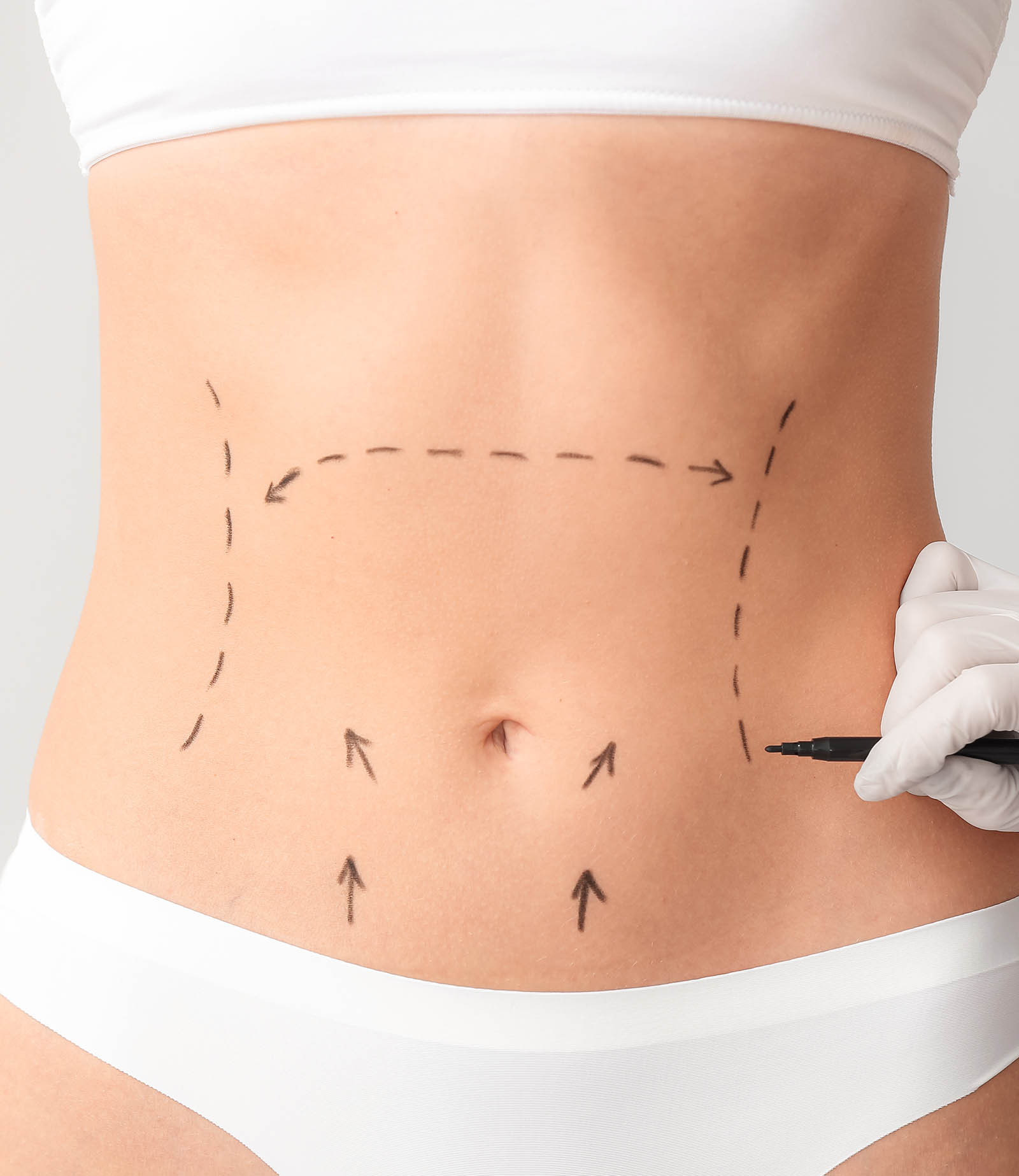Based on best practices and general guidance for plastic surgery recovery, here are some essential tips for tummy tuck in Riyadh to ensure a smooth and successful healing process.

1. Managing Pain and Discomfort
- Take Medications as Prescribed: Your surgeon will prescribe pain medication. It's crucial to take it as directed to manage discomfort, especially in the first few days.
- Use Cold Compresses: Applying cold compresses to the swollen areas (not directly on the incision) can help reduce swelling and bruising.
- Rest and Elevate: Sleep in a slightly bent position with your head and knees elevated. This reduces tension on the abdominal area and helps prevent fluid buildup. You can use pillows or a recliner for this.
2. Incision Care and Hygiene
- Follow Your Surgeon's Instructions: Adhere strictly to your surgeon's directions regarding wound care. This typically involves cleaning the incision with a specific solution and avoiding harsh soaps.
- Keep the Incision Dry: Until your surgeon advises otherwise, avoid baths, swimming, and prolonged exposure to water. You will be instructed on how to shower without getting the incision wet.
- Wear Loose-Fitting Clothing: Loose, comfortable clothing will prevent friction and irritation on the incision site.
3. Activity and Movement
- Walk Lightly: Gentle walking is crucial from the first day to promote blood circulation and prevent blood clots. However, walk slowly and avoid bending or stretching your torso.
- Avoid Strenuous Activity: For at least six weeks, avoid heavy lifting, strenuous exercise, and any activity that puts strain on your abdominal muscles.
- Listen to Your Body: If something hurts, stop. Pushing yourself too hard can delay healing and lead to complications.
4. Diet and Nutrition
- Stay Hydrated: Drink plenty of water to help your body heal and flush out toxins from the anesthesia.
- Eat a Healthy Diet: Focus on nutrient-rich foods such as lean proteins, fruits, vegetables, and whole grains. These foods provide the vitamins and minerals needed for tissue repair.
- Prevent Constipation: The pain medication and limited mobility can lead to constipation. Increase your fiber intake with foods like vegetables, fruits, and bran, and stay hydrated. Your surgeon may also recommend a stool softener.
5. Managing Swelling and Bruising
- Wear Your Compression Garment: Your surgeon will provide a compression garment that must be worn as instructed (usually for several weeks). This garment helps reduce swelling, provides support to the tissues, and aids in contouring.
- Be Patient: Swelling is a normal part of the healing process and can take several months to fully subside. Initial swelling will decrease in the first few weeks, but residual swelling can linger for a year or more.
6. Follow-up Care
- Attend All Appointments: Your follow-up appointments are essential for your surgeon to monitor your healing, remove any drains, and address any concerns you may have.
By following these tips and communicating openly with your surgeon, you can ensure a safe and effective recovery, ultimately enjoying the long-lasting results of your tummy tuck.




Comments